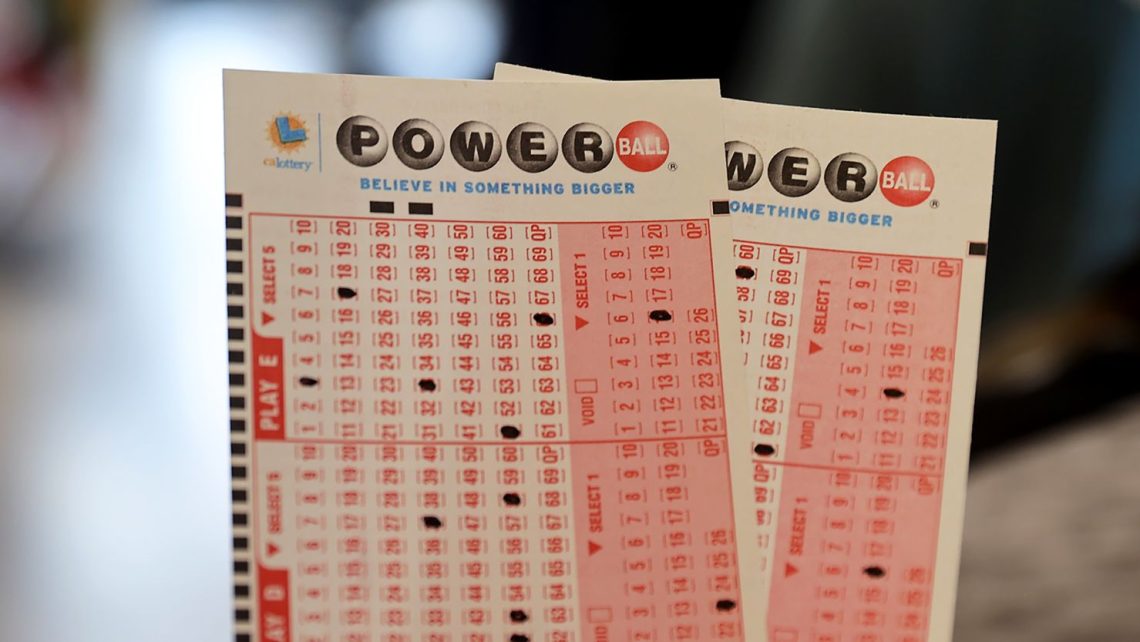In the vast landscape of human desires, the allure of the lottery stands as a testament to our fascination with chance and our unyielding pursuit of dreams. It’s a phenomenon that transcends borders, cultures, and socioeconomic divides colatogel. But what lies beneath the surface of this seemingly simple game of luck? Let’s embark on a journey to unravel the intricacies of the lottery, exploring its psychology, impact, and the eternal question: does fortune truly favor the bold?
The Psychology Behind the Lottery:
At its core, the lottery taps into fundamental aspects of human psychology. It offers a tantalizing prospect of instant wealth, promising an escape from financial constraints and a gateway to a life of luxury. Psychologists attribute its appeal to a combination of factors, including the allure of the unknown, the thrill of anticipation, and the innate human tendency to overestimate the likelihood of positive outcomes.
Moreover, the lottery provides a unique form of hope—a beacon of light in the darkness of uncertainty. For many, purchasing a ticket isn’t just about winning; it’s about indulging in the fantasy of what could be. Studies have shown that the mere act of buying a ticket can boost one’s mood, sparking visions of a brighter future and temporarily alleviating the burdens of everyday life.
The Impact of the Lottery:
While the lottery offers the promise of prosperity, its impact extends far beyond individual winners. Lottery revenues contribute significantly to government funds, financing various public initiatives such as education, infrastructure, and healthcare. In this sense, the lottery serves as a mechanism for wealth redistribution, albeit through a game of chance rather than a system of taxation.
However, critics argue that the lottery disproportionately affects low-income individuals, enticing them with false hope while perpetuating the cycle of poverty. Indeed, studies have shown that lottery ticket sales are highest in neighborhoods with lower socioeconomic status, highlighting the complex interplay between desperation and aspiration.
Furthermore, the notion of the “lottery curse”—whereby winners experience a decline in overall happiness and well-being—adds another layer of complexity to its impact. While the initial thrill of winning may be euphoric, many winners find themselves grappling with newfound challenges, from managing newfound wealth to navigating relationships strained by envy and greed.
The Eternal Question of Chance:
At its essence, the lottery embodies the eternal question of chance versus fate. Is winning purely a matter of luck, or does it involve a deeper cosmic design? Mathematicians and statisticians may argue that the odds are overwhelmingly stacked against individual players, making the likelihood of winning infinitesimally small. Yet, as history has shown time and again, the improbable does occasionally occur, defying rational explanation and igniting the flames of speculation.
Perhaps therein lies the true essence of the lottery—not as a mere game of chance, but as a reflection of the human condition itself. It embodies our ceaseless pursuit of fortune, our unwavering belief in the power of possibility, and our resilience in the face of uncertainty. In the end, whether one chooses to play or abstain, the lottery remains a testament to the enduring mysteries of the human spirit.





